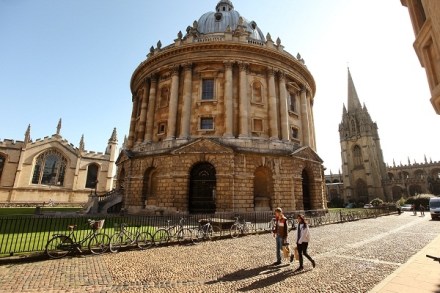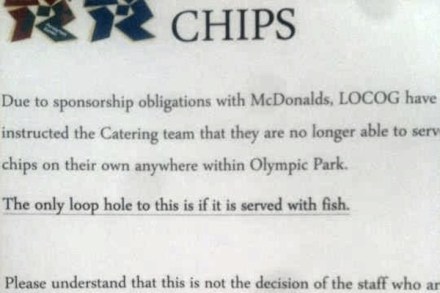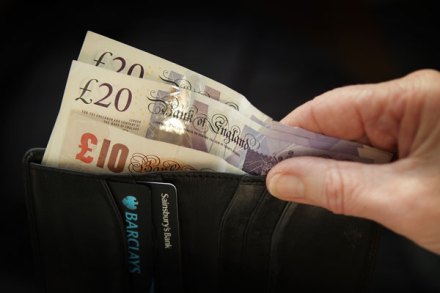The Pineapple of Hate
We have had the dreaded cartoons, films, teddy-bear and more. But I bet that until now nobody imagined we would ever see a (cue dreaded music) ‘Pineapple of Hate’. Yet despite the now familiar feeling that this is all some terrible spoof, the fruit has joined the growing list of household items which can be legitimately regarded as ‘blasphemous’. As Student Rights reports, the crime-scene was the recent freshers’ fair at the University of Reading. For it was there that the Atheist, Humanist and Secular Society stall included a pineapple with the word ‘Mohammed’ on it. I always doubted that the Danish or French cartoons looked much like the prophet of Islam.



















